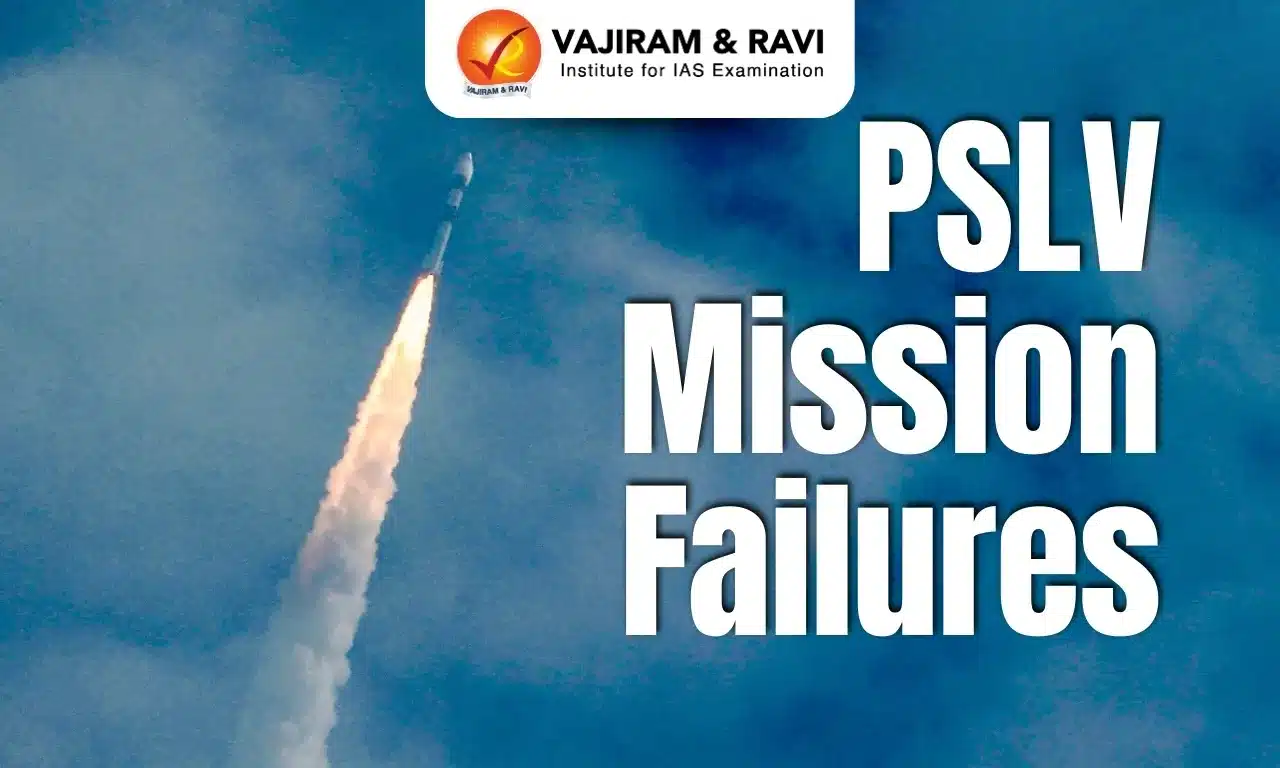What’s in today’s article?
- Why in news?
- News Summary: Japan-South Korea summit
- What are the issues between Japan and South Korea?
- What is the significance of this summit?
Why in news?
- Recently, South Korean President Yoon Suk Yeol met Japan’s Prime Minister Fumio Kishida in Tokyo – the first such meeting in 12 years.
- During this summit, both the countries agreed to resume regular visits between their leaders and take steps to resolve a trade dispute.
News Summary: Japan-South Korea summit
What are the issues between Japan and South Korea?
- Colonization of Korean Peninsula by Japan
- Japan effectively colonized the Korean Peninsula between 1910 and 1945, in a regime that imposed Japanese names and language on Koreans.
- During this period, Japan conscripted many into forced labor or forced prostitution in military brothels.
- Japan paid $800 million in reparations to South Korea’s military-run government in 1965, but this money was never distributed to victims.
- Recently, Seoul has offered Tokyo concessions on South Korean demands for compensation over wartime forced labor.
- However, it remains to be seen whether the South Korean public will accept reconciliation.
- Longstanding territorial dispute
- The two sides also have a longstanding territorial dispute over a group of islands controlled by South Korea and claimed by Japan.
- Regular visits between top leaders of both the countries were ended in 2012 after South Korean President Lee Myung-bak visited the disputed islands.
- Escalation of tensions in recent years
- Tensions escalated in the past 10 years as conservative Japanese governments moved to rearm the country while stepping up attempts to whitewash Japan’s wartime atrocities.
- In 2018 South Korea’s Supreme Court ordered Japan’s Nippon Steel and Mitsubishi Heavy Industries to compensate forced labour victims.
- In 2019, Japan placed export controls on chemicals used to make semiconductors and displays used in smartphones and other high-tech devices.
What is the significance of this summit?
- Shared security concerns in the region
- Improved ties between South Korea and Japan could pave the way for the two U.S. allies to cooperate more closely on shared security concerns related to China and North Korea.
- Japan increasingly bolstered defense ties with the U.K., Australia, India and the Philippines.
- Hence, an improved relation between Japan and South Korea will further increase the security in the region.
- For South Korea
- South Korea is putting efforts to strengthen alliances to counter North Korea.
- North Korea has been expanding nuclear-capable missiles and issuing threats of pre-emptive nuclear strikes.
- South Korea is putting efforts to strengthen alliances to counter North Korea.
- For India
- Improved ties between Japan and South Korea could potentially benefit India in various ways, especially in terms of economic and strategic relations.
- Japan and South Korea are two of India’s largest trading partners in Asia.
- Both Japan and South Korea have significant technological expertise, and India has been trying to develop its technology sector as part of its “Make in India” campaign.
- From a strategic standpoint, Japan and South Korea are important partners for India in the Asia-Pacific region.
- Improved ties between Japan and South Korea could potentially benefit India in various ways, especially in terms of economic and strategic relations.
Q1) Where is Japan located geographically?
Japan is an island country located in East Asia, situated in the Pacific Ocean. It is located to the east of the Korean Peninsula, between the Sea of Japan and the East China Sea. Japan consists of four main islands: Honshu, Hokkaido, Kyushu, and Shikoku, as well as many smaller islands. The capital city of Japan is Tokyo, which is located on the eastern coast of Honshu island.
Q2) What separates North Korea and South Korea?
The two Koreas are separated by the Korean Demilitarized Zone (DMZ), which is a strip of land that runs approximately 250 kilometers (160 miles) across the Korean Peninsula, from the east to the west coast. The DMZ serves as a buffer zone between North Korea and South Korea, and is one of the most heavily fortified borders in the world.
The DMZ was established in 1953, after the Korean War armistice was signed, and is a demilitarized area where military activities are strictly limited by the armistice agreement. The DMZ is monitored by the United Nations Command (UNC), which is composed of forces from 16 nations, including the United States, South Korea, and other United Nations member countries.
Source: Japan-South Korea summit: What has kept the two nations apart and why they must overcome it | CNN | Los Angles Times
Last updated on January, 2026
→ Check out the latest UPSC Syllabus 2026 here.
→ Join Vajiram & Ravi’s Interview Guidance Programme for expert help to crack your final UPSC stage.
→ UPSC Mains Result 2025 is now out.
→ UPSC Notification 2026 is scheduled to be released on January 14, 2026.
→ UPSC Calendar 2026 has been released.
→ UPSC Prelims 2026 will be conducted on 24th May, 2026 & UPSC Mains 2026 will be conducted on 21st August 2026.
→ The UPSC Selection Process is of 3 stages-Prelims, Mains and Interview.
→ Prepare effectively with Vajiram & Ravi’s UPSC Prelims Test Series 2026 featuring full-length mock tests, detailed solutions, and performance analysis.
→ Enroll in Vajiram & Ravi’s UPSC Mains Test Series 2026 for structured answer writing practice, expert evaluation, and exam-oriented feedback.
→ Join Vajiram & Ravi’s Best UPSC Mentorship Program for personalized guidance, strategy planning, and one-to-one support from experienced mentors.
→ UPSC Result 2024 is released with latest UPSC Marksheet 2024. Check Now!
→ UPSC Toppers List 2024 is released now. Shakti Dubey is UPSC AIR 1 2024 Topper.
→ Also check Best UPSC Coaching in India

















